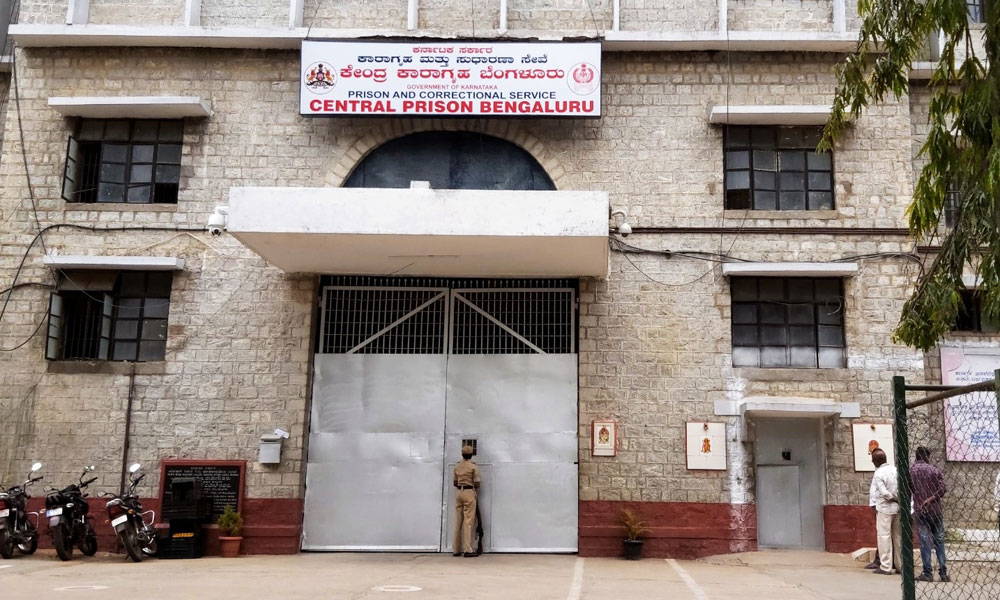The doctor-inmates ratio at Bangalore’s Central Prison is 1:1700.
By Jagriti Parakh
Bangalore’s Central Prison, Parappana Agrahara Jail, has only three general physicians and one psychiatrist for over 5,101 inmates, including nine children less than six years of age.
Data provided by Karnataka Prisons and Correctional Services shows that the department has 24 vacant positions in medical care, out of sanctioned 52, for central prisons all over the state.
In addition to sufficient number of doctors, the Central Prison ought to have para-medical and nursing staff, X-ray technicians, assistant surgeons and clinical psychologist but there are none.
R. Latha, Superintendent, Parappana Agrahara Jail, said, “Until 2016, we had one doctor in the premises. We now have three doctors and one psychiatrist. We conduct regular health check-ups. The doctors get overburdened sometimes, but it is manageable on most days.”
Shivananda, a jail warder, said, “There are no specialized nursing warders or matrons in the prison. We manage minor injuries and basic wound dressing. There are doctors for treating other serious diseases or injuries.”
World Health Organization (WHO) has promulgated desirable doctor–population ratio as 1:1000.
Other major central prisons in the country are way ahead of Bangalore when it comes to medical care and hospital administration. The Tihar Jail has 92 doctors and 71 nursing and para-medical staff, deputed for nearly 17,500 inmates.
Parappana Agrahara is overcrowded and houses more than twice its assigned capacity of 2,200 inmates. The prison department has requested several times for appointment of medical staff in the prison.
P. Mahadevanjana, Asst. Superintendent, Central Jail, said, “The prison department sent a proposal to the Karnataka government, seeking the appointment of seven to ten doctors and nearly 20 para-medical staff in Parappana Agrahara and to improve healthcare facilities at the jail. The government has assured that doctors will be appointed soon.”
The government order, in 2013,stated that the Prison Department had initiated action to appoint retired Government Medical Officers on contractual basis with a monthly remuneration of Rs. 20,000 to Rs. 30,000 per month. They did not receive many applications. Ever since, there has been a shortage of medical staff in the state’s prisons.
Reny George, Prison Fellowship, Bangalore, said, “We are working in collaboration with the Prison Department. Complaints and grievances from inside the cells are highly confidential, but we are doing our best to ensure the physical and mental well-being of prisoners.”
“Anything related to recruitment is beyond our scope. The Prison Department and other government authorities will make the necessary arrangements,” he added.
Dr. Anju Tali, a retired medical officer, said, “It is hard to recruit doctors and nursing staff in prisons. Most of them are generally not willing to work in those conditions, because they have better alternatives. They get paid well if they work elsewhere.”
“Government must provide some incentives for medical professionals, instead of appointing doctors by walk-in interviews,” she added.




